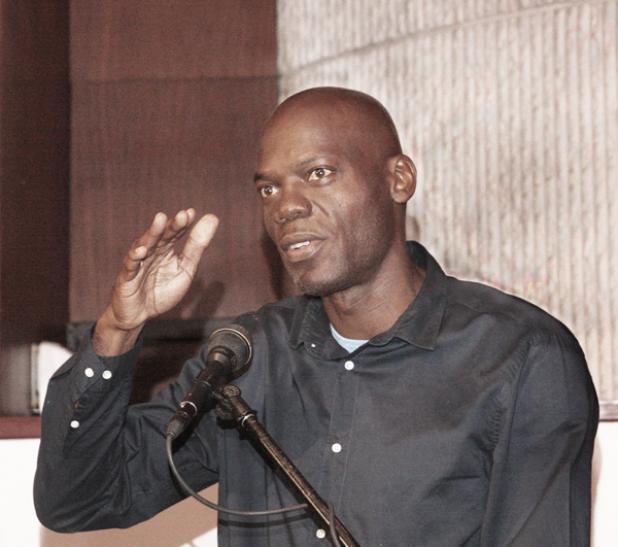As the Government’s legal teams grapple with a constitutional disagreement over the composition of the Senate, a senior university academic is warning that an economic reckoning is on the horizon.
Director of the Sir Arthur Lewis Institute of Social and Economic Studies (SALISES) Professor Don Marshall says in just over a month, the country will likely face expectations from the International Monetary Fund (IMF) that could leave the Barbadian economy hamstrung.
He also cautioned that a laundry list of construction projects planned for the year should not be used to mask the need for real economic diversification.
“I think that the sooner the business, the review, and the legal opinions are back, the better in terms of getting on with the business of governance and government,” said Professor Marshall.
As part of the administration’s early priorities, according to the professor, is a swift rejection of what are expected to be very austere targets including the pursuit of a six per cent fiscal surplus, imposed by the IMF.
“You can’t pursue a policy of a fiscal surplus of six per cent and at the same time try to pursue much more robust diversification of the economy. We simply don’t have the policy space to do so,” Professor Marshall declared.
“That’s why I’ve been making the point constantly that while the fund is right in its assertion that their concern is about the fiscal, we have just voted into power a government, where, in terms of our life chances, the importance for us is to see that we have a robust industrial policy that is going to lead to a far sturdier diversification or begin the path towards a further diversification of the economy because that has been the Achilles heel of the Barbados government since 1966,” he added.
The respected academic explained that instead of imposing severe belt-tightening measures, efforts should be made to protect the country from the threat of future exogenous shocks, which, like the pandemic, could cripple fragile sectors like tourism.
With more fiscal space, he believes government should be facilitating the growth of entrepreneurial opportunities in new and innovative sectors like the cultural arts, horticulture, aquaculture and marine life.
“I am not dismissing the importance of retail, I’m not dismissing the importance of insurance and other forms of earning money. I’m just saying the bulk expression of Barbados’ enterprise culture has been about buying and selling. And, if we’re not producing to earn foreign exchange or save foreign exchange, then we find ourselves always at the mercy of shocks and impacts and pandemics and too many of our people are left unemployed or scarred by the unemployment experience,” said Professor Marshall.
He added that the six per cent targets outlined in previous IMF documents are a reminder of the painful adjustments endured between 2018 and 2020.
“We laid off 1500 people, we were streamlining social services and so on, and it was creating all kinds of hardships. And, it’s not just attaining the target, it’s sustaining it too. Barbados has never been run like that and I think we need to bell the cat and say straight that there’s no country in the world running fiscal surpluses at six per cent and at the same time deepening the development process,” he added.
The academic credited government for finding various off-budget programmes like the national cleanup campaign and the care package programme for helping to keep citizens’ heads above water.
But he said neither these nor the economically stimulating infrastructure projects are sustainable long-term.
“Barbados’ future cannot be based on the construction of the Hyatt, the construction of hotels, or the rebuilding of the stadium. That’s not development. That’s project-based development that is like a match. It burns bright when you strike the match, but afterwards, it burns out. In other words, it creates employment around the project, but it also creates a bit of a crisis in relation to your foreign reserves, because we don’t produce nails, tiles, marble, flooring, or doors. We don’t do any of that. So we get what you call the overheating of the economy. That is feckless growth,” said Marshall.
kareemsmith@barbadostoday.bb




